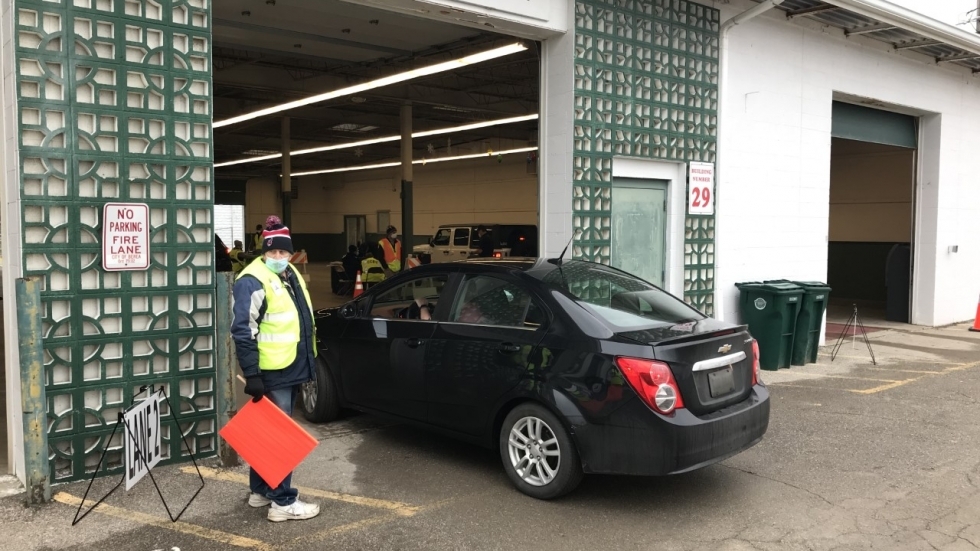Cleveland-area health organizations may see less federal money for free COVID-19 services – ideastream

The White House said it may have to wind down free COVID-19 services for people who don’t have health insurance—one of the impacts of Congress not adding $22.5 billion to a government spending bill for COVID-19 funds this week.
The federal program pays for COVID-19 testing, treatment, and vaccination for people with no health insurance.
Board of health officials in both Cuyahoga and Summit counties said they will continue to offer some free services but that federal funding is still needed.
The pandemic isn’t over, and now is not the time to take away funding, said Terry Allan, Cuyahoga County Health Commissioner. Public health agencies should prepare for a potential next wave if another variant hits the U.S., he said.
“In the moment we have now, with this lull, we need to fix the roof while the sun is shining,” he said.
Cuyahoga County Board of Health will continue to provide free services for those who can’t afford it, but Allan worries costs might still be a barrier for people.
“I think recognizing that the system we set up to provide the vaccine and make it widely available is meant to ensure that everybody has the same access to lifesaving vaccines and medication that many people that have private insurance may have access to and don’t think much about. I think that’s the way the public health system is supposed to work.”
While Summit County will continue to offer free services for those who can’t pay, private doctors and pharmacies may start charging for vaccines or tests, said the county’s Health Commissioner Donna Skoda. That may mean fewer people getting the vaccine.
“Many people don’t know what insurance coverage they have, many people don’t understand their insurance coverage, and so it could be a barrier,” she said.
This will have the biggest effect on people of color, people with lower incomes and the uninsured, who often are at higher risk of severe COVID-19 infection, Allan said.
“People of color that are low-income individuals are already facing a range of compounding disadvantages and this would just exacerbate that,” Allan said.
Democrats in Congress say they will try to pass a standalone COVID-19 funding bill in the coming days, but Republicans oppose the plan, according to reporting from NPR. That would mean the measure won’t overcome a GOP filibuster in the Senate.
Copyright 2022 WKSU. To see more, visit WKSU.







